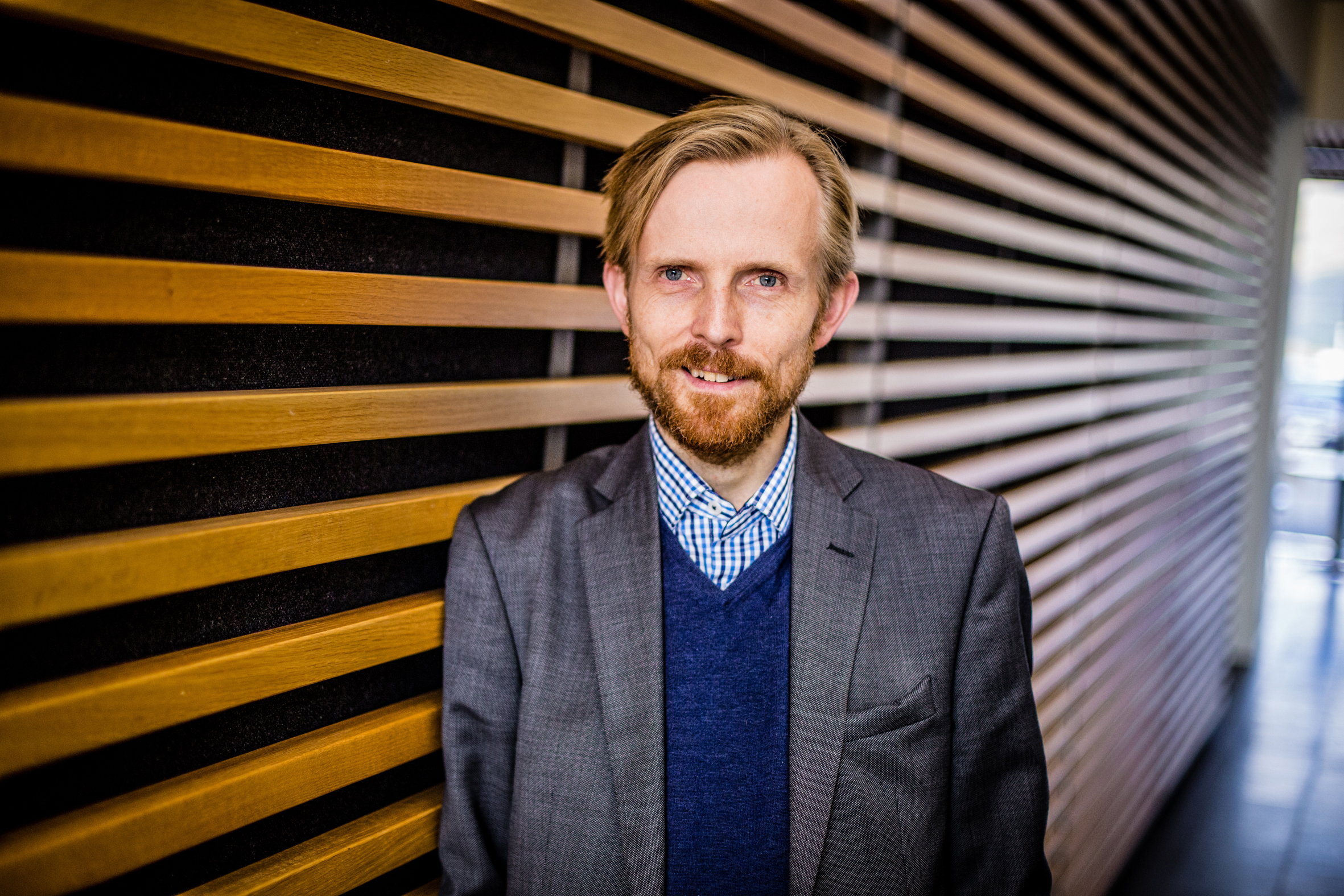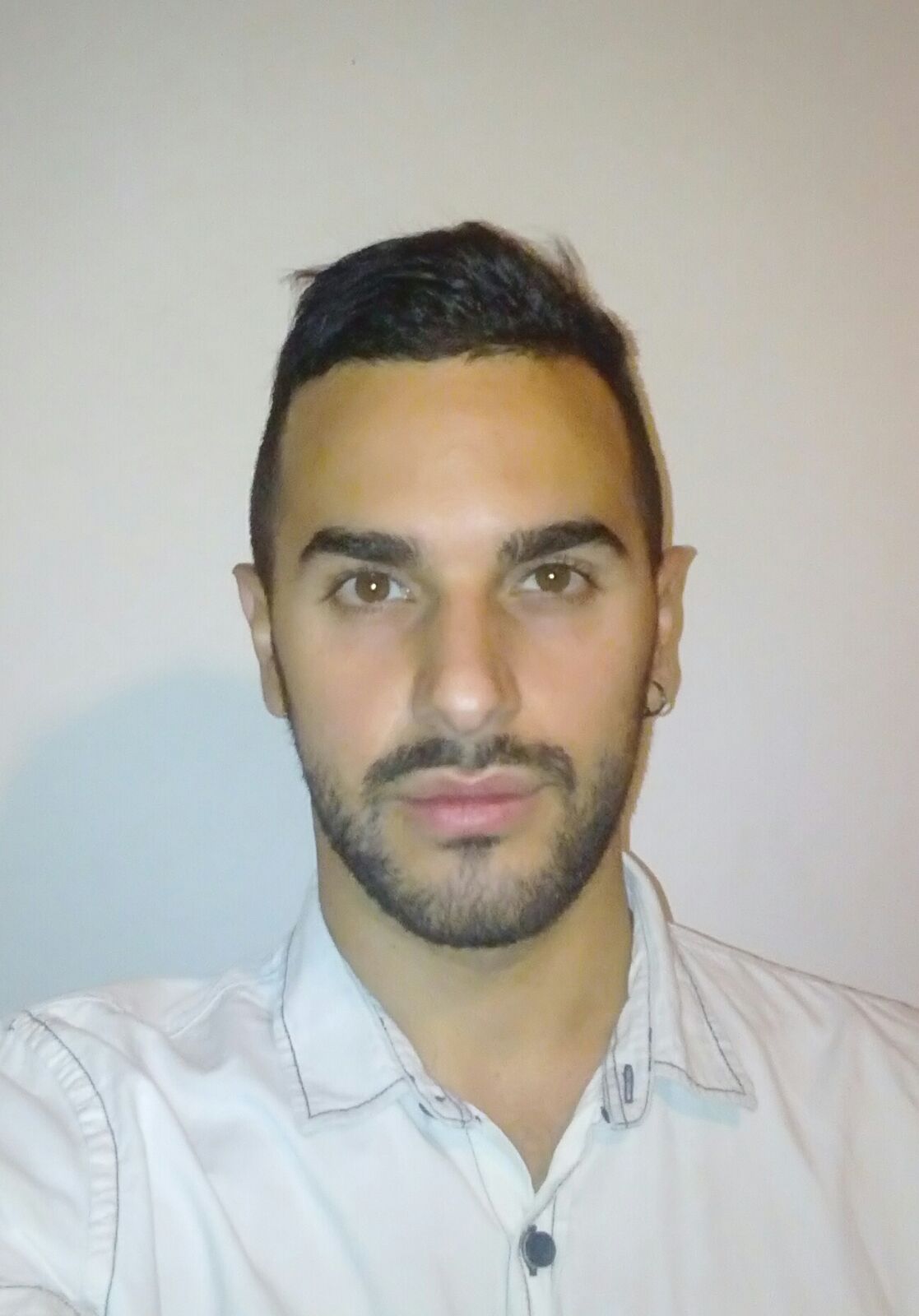Evidence Base & Data Directory
A free online database and directory of European research and evidence on children’s and young people’s digital lives.
Together with partners and collaborators in 35 countries, we created a database that collates more than 1,700 publications and 1,300 studies from across Europe published since 2014. Every piece collated was coded by our partnering experts, and its key insights are translated to English, regardless of original language of publication. Furthermore, the coder experts recorded main topics, implications for stakeholders and much more, making this resource both a more accessible gateway to evidence and a much-needed systematisation tool of the diverse and heterogenous evidence on the topic available in Europe.
The CO:RE Evidence Base offers many functionalities. Amongst others, all publication and study entries are browsable by stakeholder implications. That means users can filter entries to view only the ones addressing implications for parents, educators or policymakers. Second, every publication entry is linked to at least one study entry. That means that users can trace publication findings back to the study that generated the empirical data in the first place. Hence, users can understand conclusions published in their contexts of origin.
The CO:RE Data Directory, a feature especially for academic and research-interested users, lists all study entries with empirical data available for re-analysis. This means that if an Evidence Base study entry was coded as having its empirical data available in an online repository and attainable for re-analysis, the study entry as well as additional information on how to obtain the data are automatically listed in the data directory.
How many children use their smartphones to go online? How much time do 9-16-year-olds in different European countries spend online on average? What percentage of children have had negative online experiences, and how do children in Europe rate their online skills? You can quickly get an overview with the CO:RE Data Explorer. It is based on data from the EU Kids Online 2020 survey (Smahel 2020), collected in 19 European countries between 2017 and 2019.

We, the members of the CO:RE project consortium (1-10), are beyond grateful to our supporters and contributors, and the more than 100 individual coders across Europe, who made this great collective achievement possible.
We thank our collaborators at
Paris Lodron University of Salzburg, Austria (11),
Vrije Universiteit Brussel, Belgium (12),
Sofia University, Bulgaria (13),
Zagreb University, Croatia (14),
Cyprus Neuroscience & Technology Institute (15),
Masaryk University, Czechia (16),
IT University of Copenhagen, Denmark (17),
Université Côte D'Azur | University of Nice, France (18),
National and Kapodistrian University of Athens, Greece (19),
TKSZI: Centre for Social Sciences, Hungary (20),
University of Haifa, Israel (21),
University of Latvia (22),
Vilnius University, Lithuania (23),
University of Luxembourg (24),
University of Malta (25),
Windesheim University of Applied Sciences, Netherlands (26),
Adam Mickiewicz University in Poznan, Poland (27),
Universidade NOVA de Lisboa, Portugal (28),
Association Digital Lives. Research, Education and Intervention (NGO), Romania (29),
University of Belgrade, Serbia (30),
Catholic University in Ruzomberok, Slovakia (31),
Univerza v Ljubliani, Slovenia (32),
Universidad del Pais Vasco / Euskal Herriko Unibertsitatea, Spain (33),
NORDICOM, Sweden (34) and
Middle East Technical University, Turkey (35).
.png)
More toolkits & resources
Created by

The team at USCS creates the evidence base of this platform. It collects all studies and publications that address children's and young people's online experiences, with a particular focus on risks, benefits, vulnerabilities and well-being, published in the affiliated 35 pan-European countries since 2014. In doing so, the team provides a structured and annotated overview of the available research and evidence on this topic. The annotations specifically address implications for stakeholders from research, education and policy-making.

The team at UNAK identifies and collates existing data sets that are available for re-analysis into one systematic and comprehensive European data directory. In doing so, the team also prepares the raw data of the latest EU Kids Online comparative survey (2020) and transfers them to an open-access social science data repository. The CO:RE data directory then lists all studies with empirical data available for re-analysis in all associated countries and cross-references to the respective study in the evidence base and to the respective data repositories and owners.

Piermarco Aroldi
Piermarco Aroldi, PhD, is Professor of Sociology of Culture and Communication at the School of Education of Università Cattolica in Piacenza and Milan (IT), where he coordinates the Master Program in Media Education. He is Head of OssCom, Research Centre on Media and Communication. He is a member of the European research network “EUKidsOnline” since 2007 and leads the CO:RE evidence base work package.

Kjartan Ólafsson

Davide Cino
Davide Cino is a post-doctoral researcher at the Department of Communication at Università Cattolica del Sacre Cuore in Milan (IT). His research interests focus on children's and young people's internet use, parental governance and digital dilemmas associated with young people's online presence. He is a member of the CO:RE evidence base work package team.
